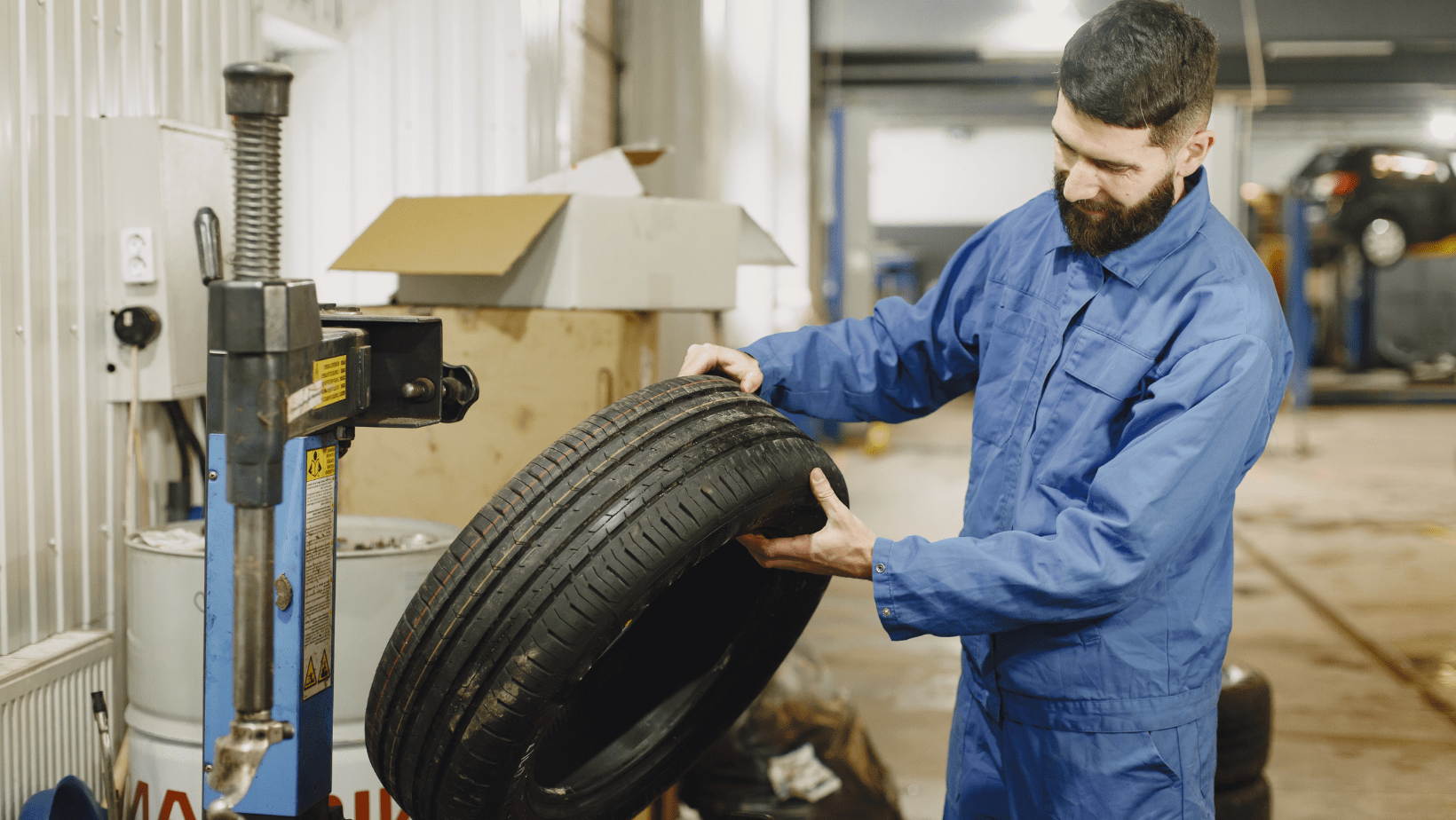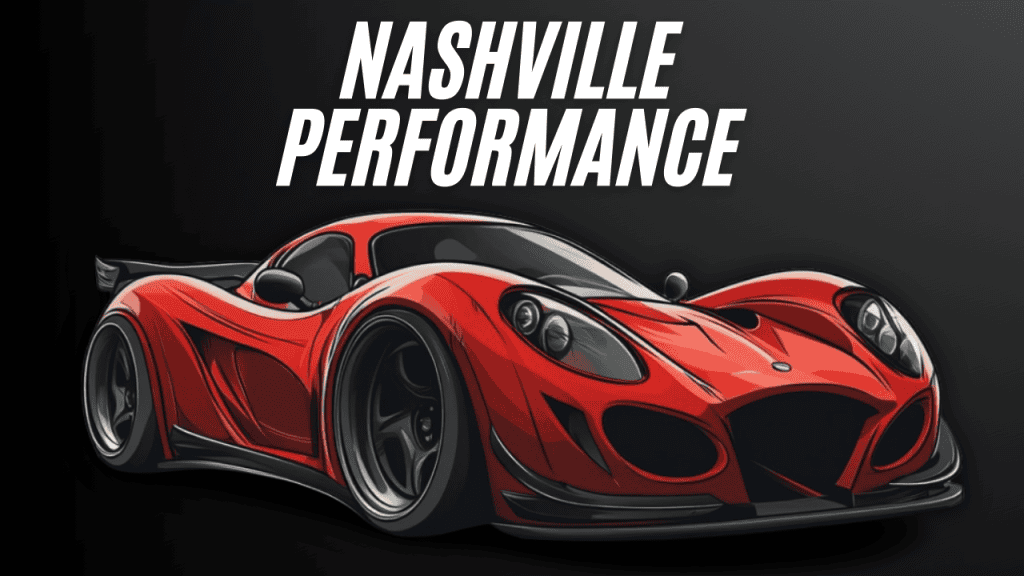Table of Contents
Performance vs Touring Tires: Which is Right for You?
Choosing the right set of tires is essential for optimizing vehicle performance, comfort, and efficiency. The decision often comes down to performance tires vs. touring tires, each catering to different driving styles and priorities. While performance tires emphasize grip, speed, and handling, touring tires focus on comfort, longevity, and fuel efficiency. Understanding their key differences will help you make an informed decision based on your driving habits and needs.

Key Takeaways
- Performance Tires: Designed for high-speed handling and superior grip.
- Touring Tires: Prioritize comfort, longevity, and all-season adaptability.
- Tread Patterns: Performance tires have aggressive tread for grip, while touring tires offer smoother patterns for a quieter ride.
- Seasonal Adaptability: Touring tires are typically better suited for year-round use.
- Price Considerations: Performance tires may cost more but offer superior driving dynamics.
Performance Tires: Unleashing the Full Potential
Characteristics of Performance Tires
| Feature | Details |
|---|---|
| Enhanced Grip & Handling | Soft rubber compounds provide maximum road contact for improved traction. |
| Aggressive Tread Design | Optimized for sharp cornering and high-speed stability. |
| Shorter Lifespan | Softer rubber wears faster than touring tire compounds. |
Performance tires are designed for high-speed precision, making them the preferred choice for sports cars, performance vehicles, and aggressive drivers.
Ideal Use for Performance Tires
- Best for: Sports cars, high-performance vehicles, and drivers who prioritize handling over comfort.
- Suitable for: Dry and warm conditions, but some models offer wet-weather performance.
- Drawbacks:
- Less fuel-efficient due to higher rolling resistance.
- Faster tread wear compared to touring tires.
- Limited all-season adaptability.
For recommendations on performance tire brands for daily driving, check out Performance Tires Brands for Daily Driving.

Touring Tires: The Road to Comfort and Durability
Characteristics of Touring Tires
| Feature | Details |
|---|---|
| Longevity & Durability | Made with harder rubber compounds to extend lifespan. |
| Comfort-Focused Design | Reduces road noise and vibrations for a smoother ride. |
| Fuel Efficiency | Lower rolling resistance improves gas mileage. |
Touring tires are engineered for long-distance travel and everyday commuting, making them ideal for family vehicles, sedans, and SUVs.
Ideal Use for Touring Tires
- Best for: Daily drivers, commuters, and long-distance travelers.
- Suitable for: All-season driving, including wet and mild winter conditions.
- Drawbacks:
- Not as responsive as performance tires in high-speed cornering.
- Less grip in sporty driving scenarios.
For an in-depth guide on choosing the right tires, explore Basics of Tire Selection – Unlock the Secrets.
Performance vs. Touring Tires: Side-by-Side Comparison
| Aspect | Performance Tires | Touring Tires |
|---|---|---|
| Handling | Superior, especially at high speeds. | Adequate, with a focus on stability. |
| Ride Comfort | Firmer, prioritizing responsiveness. | Smooth, designed for everyday comfort. |
| Tread Life | Shorter due to softer rubber compounds. | Longer, with more resistant tread wear. |
| Fuel Efficiency | Lower, due to higher rolling resistance. | Higher, thanks to more efficient design. |
| Seasonal Adaptability | Often summer or performance-specific. | Generally all-season. |
| Price | Higher, due to advanced materials and performance features. | More budget-friendly for everyday use. |
For a detailed breakdown of how different tires perform on various terrains, visit Selecting the Right Tires for Different Terrains.
Detailed Comparison: Performance Tires vs. Touring Tires
| Feature | Performance Tires | Touring Tires |
|---|---|---|
| Noise Level | Typically louder due to aggressive tread patterns. | Quieter, designed for minimal road noise. |
| Weather Adaptability | Best for dry/warm conditions. | Performs well in varied weather, including rain and mild winter conditions. |
| Ideal Vehicle Type | Sports cars, high-performance vehicles. | Sedans, SUVs, and daily drivers. |
| Tread Wear Rate | Faster wear due to softer rubber. | Slower wear, making them last longer. |
| Speed Rating | Higher, ideal for high-speed driving. | Lower, optimized for everyday driving. |
| Comfort vs. Performance | Prioritizes performance over ride comfort. | Balances comfort with adequate performance. |
| Price Range | More expensive due to specialized materials. | More budget-friendly for everyday drivers. |
| Fuel Economy Impact | Can negatively impact fuel efficiency due to higher rolling resistance. | Better fuel economy due to efficient tread design. |
| Maintenance Needs | Requires more frequent replacement and care. | Lower maintenance, with longer intervals between replacements. |
| Seasonal Change Requirement | May need seasonal tire swaps (summer/winter tires). | Often suitable for year-round use. |
Final Thoughts on Performance vs. Touring Tires
The choice between performance and touring tires depends on your driving style, vehicle type, and preferences.
Choose Performance Tires If You Prioritize:
✔ Maximum grip and handling.
✔ Fast acceleration and responsive steering.
✔ High-speed driving and performance-focused vehicles.
✔ A sporty, aggressive driving experience.
Choose Touring Tires If You Prioritize:
✔ Comfort and a quiet ride.
✔ Longevity and cost savings.
✔ Fuel efficiency and daily driving.
✔ All-season adaptability and versatility.
For those seeking the best balance between comfort and performance, some tire brands offer “Grand Touring” tires, which blend the advantages of both categories.
Key Takeaways for Tire Selection:
- Performance tires = Best for sports cars and high-speed precision.
- Touring tires = Best for daily commutes, comfort, and longevity.
- Consider tread life, price, and fuel efficiency before making a purchase.
- Select tires based on your driving environment and vehicle type.
By making an informed decision, you can ensure your tires match your driving needs and expectations, delivering the best combination of safety, performance, and durability.
Additional Resources
Check out the best performance car gear available on the market.
